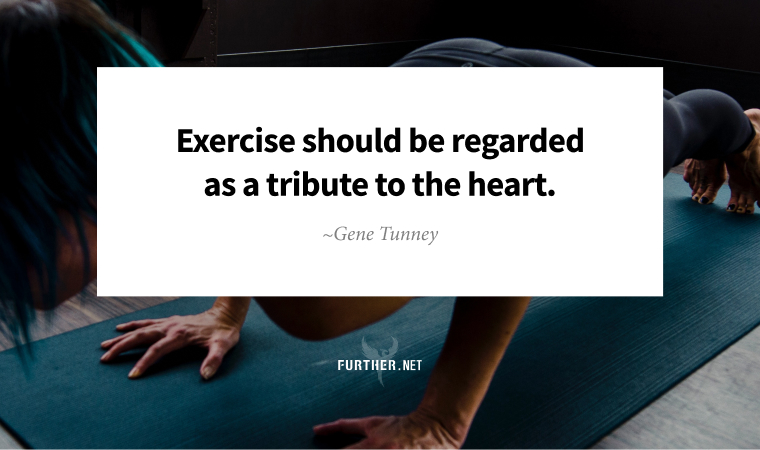
Last week, Brian wrote about an aging rewind, reminding us about the holy trinity of nutrition, exercise, and sleep for a long lifespan and healthspan.
Meanwhile, this is no longer an abstract concept in my household. As I wrote earlier this year, my husband’s 53-year-old brother had a heart attack. Now, it’s my husband’s turn: he also has genetic cardiovascular disease and recently got a stent to relieve a 70% blocked artery.
After the procedure, his stern-faced cardiologist told us:
This is a nature-nurture deal. Nature isn’t helping, so it’s on you.
You don’t have to be a cardiac patient to take this advice to heart.
Heartbreaker
Let my wake-up call be yours, too: we’re all vulnerable. The Wall Street Journal reports cardiovascular disease-related death rates are rising for Americans ages 45-64, thanks to factors including obesity, type 2 diabetes, substance abuse, stress, and a lack of exercise.
So, it’s critical to recognize heart attack warning signs, which differ for men and women, but, generally speaking, include:
- Chest pain/pressure
- Neck, shoulder, or jaw pain
- Shortness of breath after exertion
- Stomach problems (nausea/vomiting, abdominal pain)
- Dizziness and fainting
- Extreme fatigue
Symptoms are subtle — even being thin doesn’t ensure you’re immune. Especially if you’re over 50, get an annual check-up to keep tabs on your vitals (i.e., blood pressure, cholesterol, blood sugar).
Stop Draggin’ Your Heart Around
So, where do you start to ensure you’re taking your health to heart? Begin by heeding Michael Pollan’s advice:
Eat food. Not too much. Mostly plants.
Remember, sodium and saturated fat-filled processed foods suck — they’re terrible for your heart. But healthy meals don’t need to be bland. As The Everything Easy Anti-Inflammatory Cookbook author, Emily Weeks, RDN, LD, advises:
The focus shouldn’t be on the negative—what not to eat—but rather on the positive, or what we can add to our life.
Think vitamins A, C, and E, omega-3-rich foods (i.e., nuts, fish), and fiber, all of which minimize inflammation and support the heart’s nerves and blood vessels.
Beyond what you put in your mouth, consider what you put on yourself. Stress is clinically linked to heart disease. Anecdotally, a “healthy” 44-year-old woman who had a massive coronary told MindBodyGreen:
While I can’t say for certain, I do believe that stress played a huge role in my heart attack — as a business owner in the fitness space, especially during a pandemic, I was under a lot of pressure and strain.
I’ll add that my husband’s plaque build-up was significantly lower than his younger brother’s, which I believe is because he’s consistently meditated for years.
So, again, lifestyle changes. Sure, it’s daunting, but why not if it gives you more time to do what you enjoy with the people you love? I know I’d do what it takes in a heartbeat.
The 4 Biggest Early Warning Signs Before A Heart Attack (Huffington Post)
I Was 44 & Healthy When I Had A Heart Attack: What The Experience Taught Me (MindBodyGreen)
